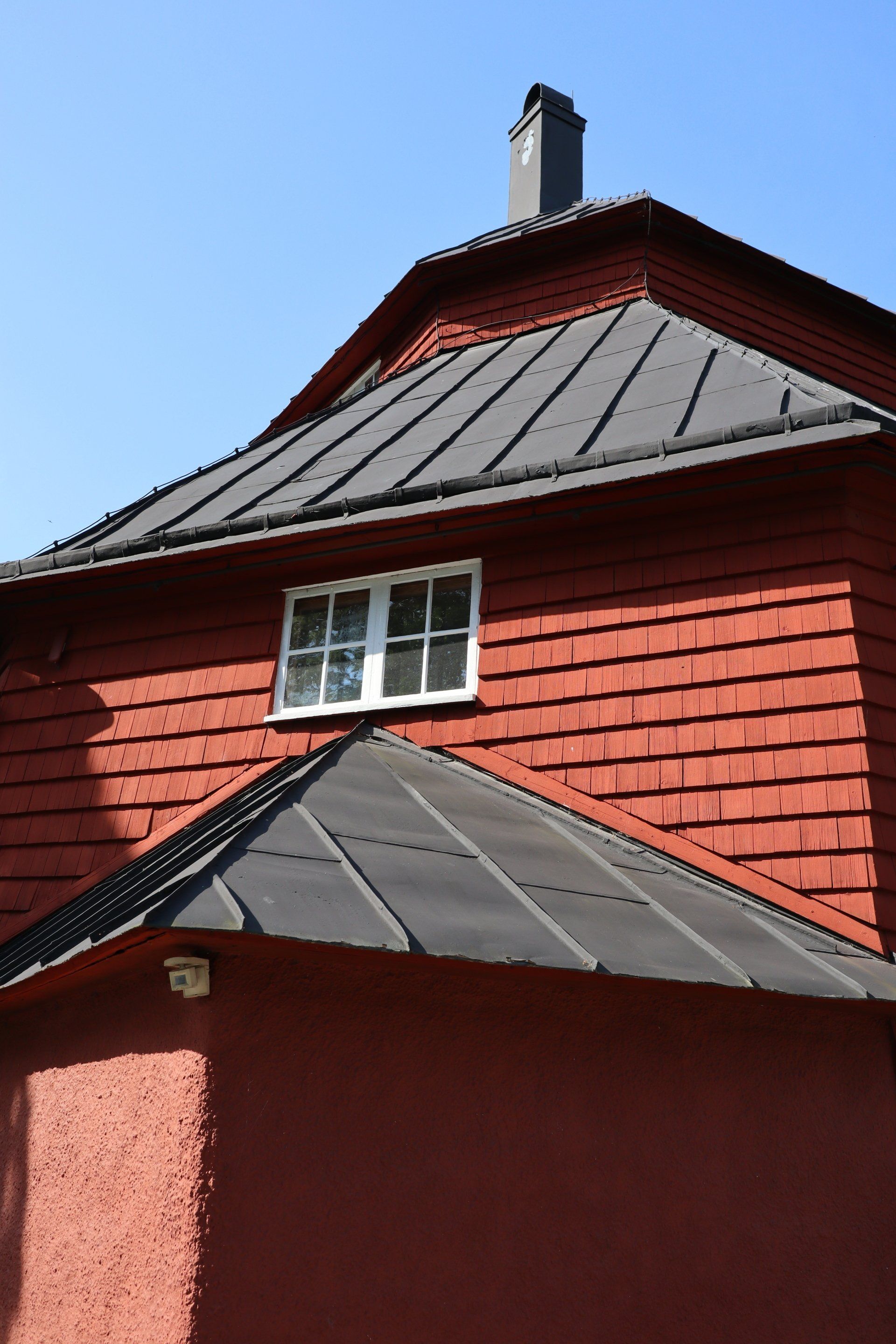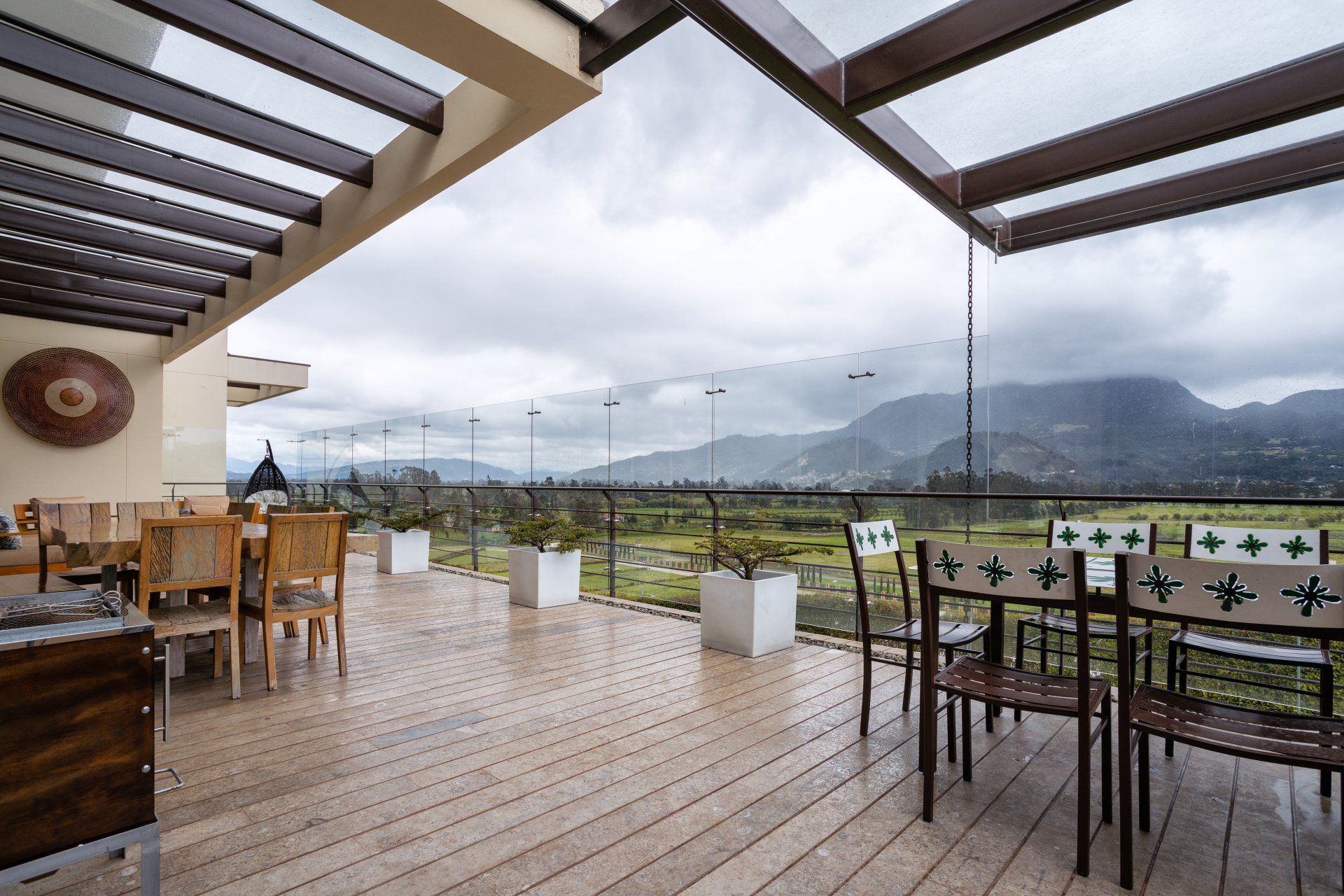Home Decor Guide: An Ethical and Eco-Friendly Tips
Home Decor Guide: An Ethical and Eco-Friendly Tips
Through eco-friendly manufacturing and production, ethical design can promote sustainable living. Industries play an important role in our lives, but they can also contribute to industrial pollution. These pollutants can cause contamination of drinking water, unwanted toxins, and soil degradation. They can also be caused by outdated technologies, inefficient waste disposal, and the use of nonrenewable resources.
Both individuals and businesses can benefit from sustainable design. People can reduce their carbon footprint simply by choosing an eco-friendly designer or manufacturer.
What is ethical design?
Ethical design is the creation of designs that are ethical and responsible, with an overall intention to do good throughout the entire process of creating and selling a product. These behaviors and choices cover many issues, such as:
- Exploitation
- Conditions of work
- Fairtrade
- Sustainable production
- Production and manufacturing that are environmentally safe
- Animal welfare
The entire lifecycle of a product's design can have a significant impact on the environment. This includes the extraction of natural resources, manufacturing, and disposal of waste.
Although ethics and design are well-known in the industry, it is not common practice for many professionals and brands. Ethical design can be more expensive than the many people involved in every stage of production, making it difficult to ensure sustainability. This doesn't mean that ethical design has to cost more. With some research and effort, anyone can reduce their environmental footprint or make a positive impact on the environment.
Eco-Friendly versus Sustainable versus Vegan
These terms can be interchanged, but eco-friendly and vegan are different.
Eco-friendly refers to how an item is made and whether it causes any harm to the environment. You could use reusable coffee cups or clothes made of recyclable fabrics as an example. This could also indicate that the product was made from renewable energy.
Veganism is often associated with food but can also be applied to other areas of life. PETA defines vegan clothing, shoes, and accessories as those that do not contain leather, fur wool, skin, exotic skins, or any other animal-derived fabric. Polartec is an example of a comforter that uses goose feathers instead.
The creation of sustainable products and processes has many benefits for the environment, society, and economy. Upcycling is a process that transforms unwanted or by-products into new products.
To be ethical, a piece of furniture or decor must only fit within one category. It is rare that designs fit all categories.
Why is ethical design important?
Every stage of the supply chain can have an impact on people, places and ecosystems. It affects the environment and resources as well as people's daily lives. Being in an ethically designed environment can have a positive impact on your behavior and habits.
Every day, pollutants are released into the environment by factories and industries. Factors such as manufacturing and industries account for 50% of all polluting substances. Multiple effects of manufacturing can have on the environment are the following:
- Global warming
- Water pollution
- Air pollution
- Pollution of the soil
- Human health
- Wildlife extinction




